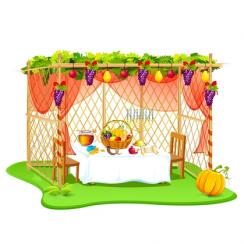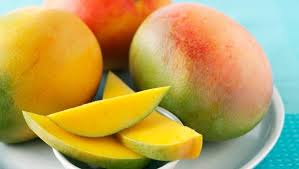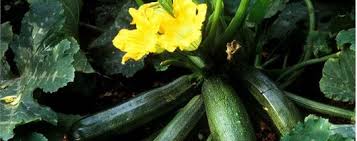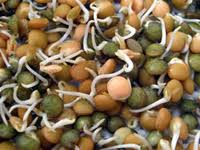What is between Rosh Hashana and Sukkot?
The obvious answer is, of course, that in the middle there is Yom Kippur. But this is not a riddle. I just got to thinking about the three holidays lately. The holidays of Tishrei are already here at full strength, and they are felt both in the garden and in the shop. Frenzy and hustle in the few days between the holidays to get everything done – you want to get all the shopping done, and we want to pack all the beautiful organic fruits and vegetable, so that they get to you in time to cheer the kitchen and the holiday table. Sometimes we have to cram five working days into four, sometimes three or even two!!!
We are up for the challenge and we really appreciate your cooperation in the matter – by paying attention to the updates and changes regarding deliveries and store hours. Otherwise it would be much more difficult to manage. So, I want to thank you for your participation and understanding regarding delivery changes, delays and sometimes missing products.
Regarding Rosh Hashanah, I thought of the Tashlich, the prayer that is given on the holiday, preferably near a water source. How powerful this idea is that when the new year begins we can throw away the deeds that weighed on us from the previous year, and let the sea, or the river, or the beautiful, strong stream carry them away-away from us. Our pockets are light after discarding the unnecessary. I would add, along with dumping the sins into the depths, also to discard the anger, the fears and the frustrations, everything that poisons us, so that in the new year we can be a bit more light and organic in our souls…
Yom Kippur, for those who fast, is of course a day without food. This is the essence of the fast. Fasting is considered a hardship, even torture. Most of us are not accustomed to going through a day without food and water. However, in my opinion fasting also provides a certain release of body and soul. You do not have to plan your meals, prepare them, eat (yes, it too is a job sometimes), digest, pay attention to when we are hungry and when not, did we eat too much, did we eat what we wanted or need to feel bad again for eating “junk”? Eating is also a hard job for the body – chewing, digesting and breaking down, segregating what is needed from the unnecessary, dispersing it to all the cells in the body, planning what to store and what to dispose of. This is the work of a whole and complex system (and in the same vein, more than one source speaks in praise of a small diet, one that does not stuff the body but leaves energy for disposal and cleansing and not just for continuous digestion…)
Sukkot is a holiday that reminds us of the farmers and the earth-workers among us. Those who find it natural to build a sukkah at this time of year, even though they come home from the fields after working from sunrise to sunset to harvest the crops during a week of only two workdays and must do so quickly before the rains, or mice, or other troubles arrive. For these farmers, who naturally raise their faces to the first cool gusts of wind and sigh with relief, this year is over, and another is beginning. They do not prepare paper ornaments for their sukkah, and do not work on beautiful paintings for it, but are equally happy about their Sukkah no less.
Wishing you wonderful Tishrei holidays…
To health,
Yours,
Maggie and the garden team
We can expect in our organic vegetable baskets this week (draft only):
Red potatoes
Cucumbers
Tomatoes
Sprouts
Piece of Pumpkin
Spaghetti squash
Eggplants
Peppers
Lettuce
Basil
In the large organic vegetable baskets, also:
Parsley
Coriander
Celery
Dill
Organic fruit baskets:
Pears
Bananas
Granny Smith apples in the TRANSITION
Large organic fruit baskets, also:
More pears
And plenty of Granny Smith apples in transition











